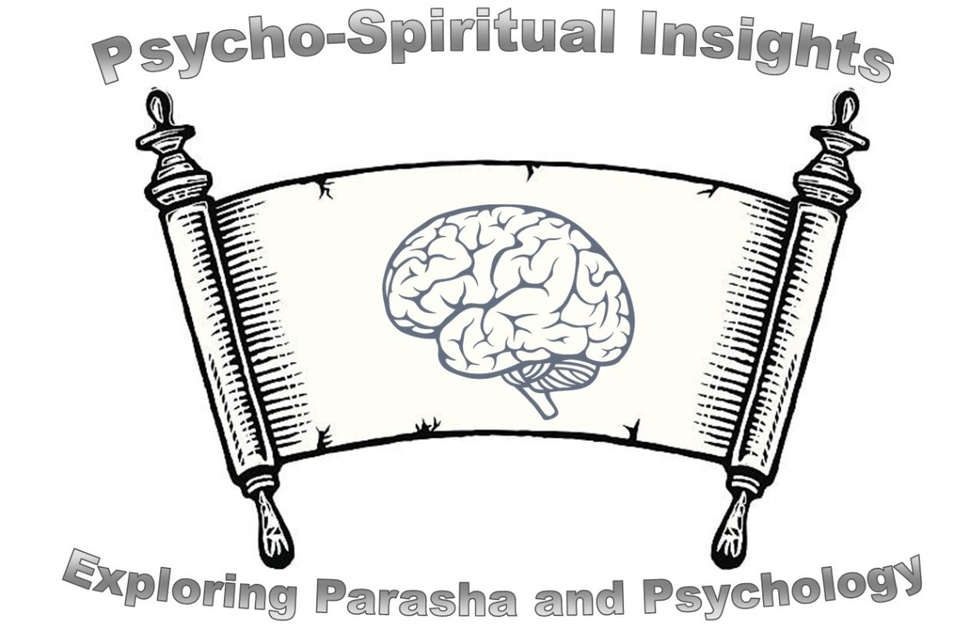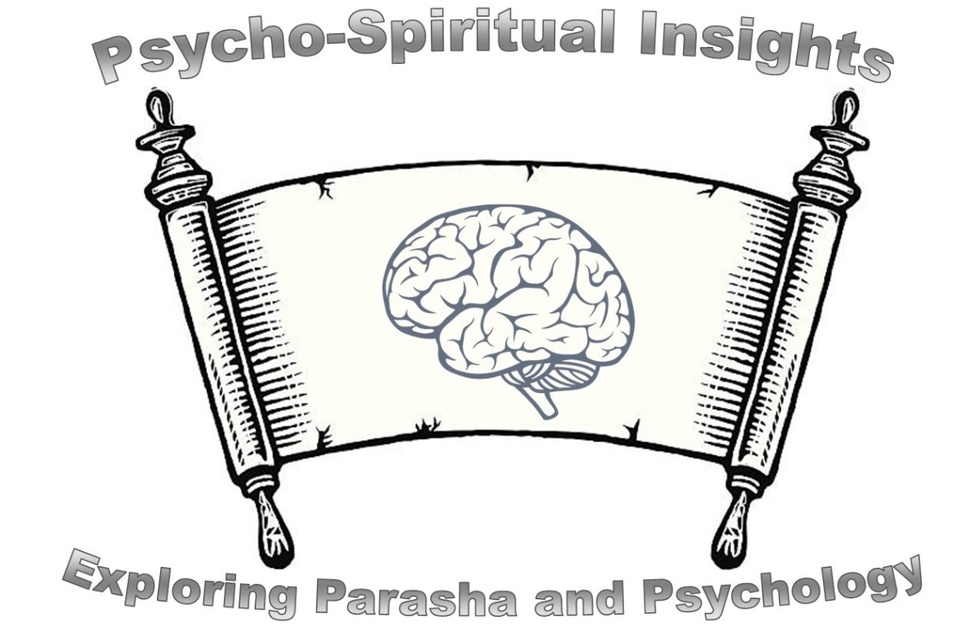
In Parshat Shoftim we learn about the establishment of a just society, through the appointment of judges and officers. While the Torah discusses the importance of impartial judgment in legal matters, it also subtly emphasizes the value of judging ourselves and others favorably on a psychological and interpersonal level. It is fitting that my Bar Mitzvah Parasha, which always falls around my birthday of Rosh Chodesh Elul, deals with judgement. No wonder I became a therapist.
The passuk says "Tzedek, tzedek tirdof" (Deuteronomy 16:20) "Justice, justice you shall pursue". This encourages us to seek true justice. Ibn Ezra writes on this passuk that the word ‘Tzedek – Justice’ is repeated to emphasis justice should be pursed whether one would gain or lose from it. This double language can further include not only judging others fairly but also ourselves. Meaning, that we should make every effort possible to judge favorably even if it pains us. Psychological research shows that favorable judgement leads to positive outcomes in the long run. When we cultivate self-compassion, it enhances our overall well-being and when we give others the benefit of the doubt, we strengthen relationships and create a supportive environments. As summarized by author Wayne Dyer, "Judging others doesn't define who they are; it defines who you are. Choose to see the good in yourself and others."
Rav Israel Salanter, Jewish ethicist, highlighted the significance of this concept in his teachings. He stressed the importance of judging others favorably, even when their actions might appear negative, for we don’t truly know what is happening in the hearts and minds of others. The Bal Shem Tov elaborates on the passuk in Tehilim that states “Hashem is your shadow” (Psalm 121:5), that just as our shadows move with us, our relationship with Hashem follows our movements in life. How we view others mirrors how Hashem views us. This understanding fits perfectly with the Gemarah in Shabbat 127b that “One who judges another favorably is himself judged favorably by Hashem.”
The same principle applies when we evaluate ourselves. Often, we are our harshest critics, holding ourselves to unattainable standards and dwelling on our mistakes. We often judge others based on their actions and ourselves based on our intentions. One might notice an attentive parent at the park and exclaim what a great parent they must be, and while putting their own children to bed, they judge themselves harshly for feeling tired through the process. Comparing what others do to what you feel is not a fair judgement. Irvin Yalom, existential psychiatrist wellknown for perfecting group therapy, writes "In therapy, we learn to replace judgment with curiosity, for both ourselves and others. It is a path towards self-acceptance and deeper connections."
Based on the commentaries and clinical research there are three suggestions for judging favorably:
- Cultivate empathy: Try to put yourself in the shoes of others to understand their perspective and motivations better. This can help you judge more compassionately.
Pirkei Avot, Ethics of the Father 2:4, writes “Do not judge your fellow man until you have reached his place.” On this the Bartenura writes, if you see someone fail, do not judge him unfavorably until you have time and time again succeeded in the same place.
- Avoid assumptions: Don't jump to conclusions about someone's actions or intentions. Give them the benefit of the doubt until you have enough information.
Pirkei Avot, Ethics of the Father 1:6, writes “v'hevei dan et kol ha'adam l'chaf zechut” - "judge every person as meritorious." Masterfully understanding human psychology, on this the Sforno writes without the ability to give others the benefit of the doubt how could a friendship ever endure.
- Focus on strengths: When evaluating yourself and others, focus on positive qualities and accomplishments rather than dwelling on shortcomings. This can lead to a more favorable and constructive perspective.
Rav Yitzchak Berkovits explains that the idea of judging favorably does not mean that we should irrationally judge every act as positive. Rather it is telling us to be logical, reasonable and fair, taking into consideration the strengths of the individual as well. Be just in our judgement by considering the full picture.
Parshat Shoftim teaches us that the pursuit of justice extends beyond the legal realm; it calls us to approach each other and ourselves with compassion and understanding. May we strive to apply these lessons from the Torah by cultivating empathy, avoiding assumptions, and focusing on positives. As we enter the month of Elul, with a focus on reflection and repentance, hopefully we are able to internalize these messages and gain favorable judgement from Hashem. By adopting these lessons, we contribute to a more compassionate and connected community, creating a world where justice and kindness can coexist harmoniously.
Elan Javanfard, M.A., L.M.F.T. is a Consulting Psychotherapist focused on behavioral health redesign, a Professor of Psychology at Pepperdine University, & a lecturer related to Mindfulness, Evidence Based Practices, and Suicide Prevention. Elan is the author of Psycho-Spiritual Insights: Exploring Parasha & Psychology, weekly blog. He lives in Los Angeles Pico Robertson community with his wife and three children and can be reached at Elan.Javanfard@gmail.com.
 Previous
Previous

